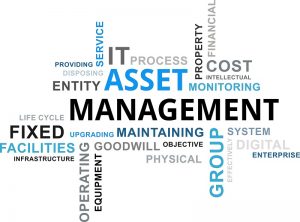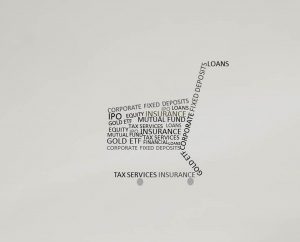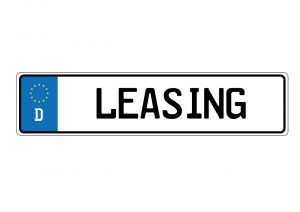TIPS ON ASSET MANAGEMENT
Apart from checking the standing of the lessee, you also have the responsibility of ensuring that the asset under lease is well managed. This is fundamental to the overall achievement of your business objective, because the lessee will only be motivated to pay if the asset under lease is in existence and functional. The fact that you have little or no control on the usage of the equipment makes this task difficult. These include: Maintenance of Lessor’s Legal Right:…










